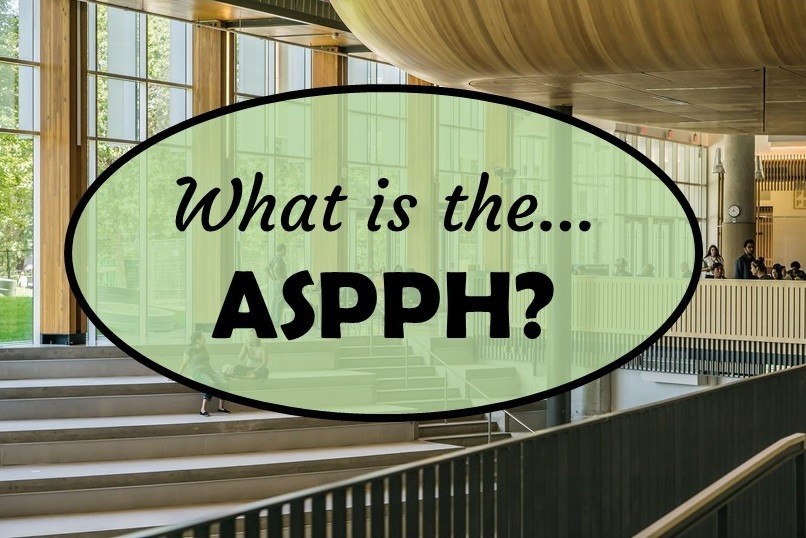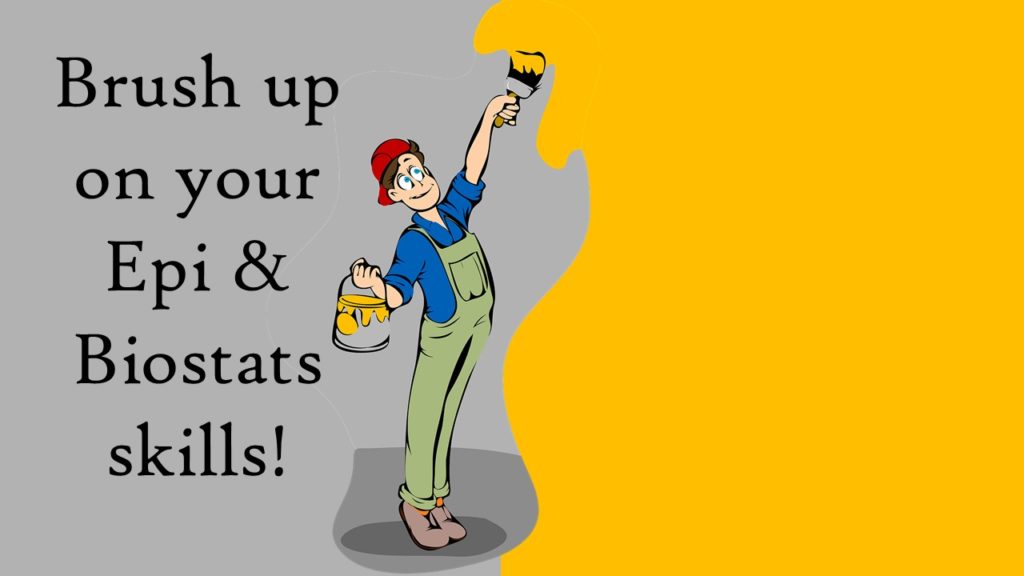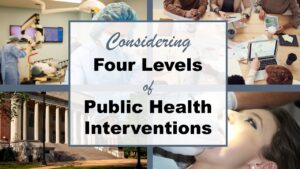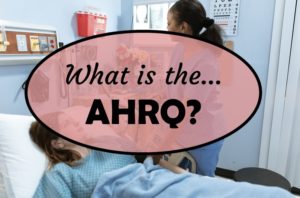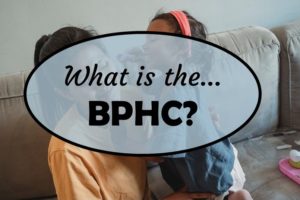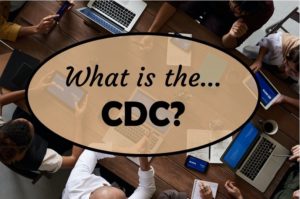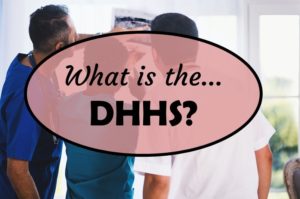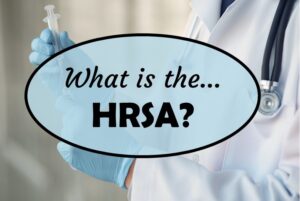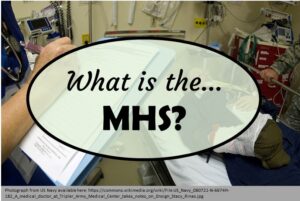“What is the ASPPH?” was the question I started asking when I realized that there was a difference between accredited and non-accredited Master’s of Public Health (MPH) degrees. This blog post briefly answers the question, “What is the ASPPH?” and provides links to resources for further study.
What is the ASPPH?
The Association of Schools and Programs in Public Health, or ASPPH, is a membership organization. The only entities that are allowed to be members are accredited “schools” and “programs” in public health. I put quotes around “schools” and “programs” because they require definition.
- A school is either a college like the College of Public Health at the University of South Florida (USF COPH), or a school like the School of Public Health at the University of Minnesota (UMN SPH).
- Programs are not standalone schools or colleges, but programs within another school or college. An example is Tufts public health program.
Another word that should be defined is “accredited”. ASPPH does not do the accrediting of these educational entities – that is actually done by the Council on Education for Public Health (CEPH). But once a school or program is accredited, and as long as it holds accreditation, it is part of ASPPH. You can search for ASPPH schools and programs here.
What does the ASPPH do?
Once you know the answer to the question, “What is the ASPPH?”, you realize that it is kind of like a membership club for accredited public health schools and programs. So what would a membership club like that want to do? Answer: Lobby the government.
So, if you are in an accredited public health program right now, and you think your tuition is pretty high, just connect the dots. Your program dropped a chunk of change to meet the high bar to become accredited. Now, it is paying to be in a club that pays lobbyists. You might want to ask the leader of your program if you can choose which lobbyist to pay directly, the way you can sometime choose which charity gets your donation from a pool.
My Take on the ASPPH
If I’d have known all this when I was attending the USF COPH (which took my money and did not give me a degree), that’s when I would have asked the dean about what we were paying the ASPPH, and what I was getting out of it. I probably would have ended up asking them to return the part of my tuition that went toward ASPPH membership, because they obviously failed at advocating for making USF COPH have a high-quality program. They weren’t even able to find a way to give most of the people in my PhD cohort a degree. They should not have been accredited at the time. This was 2004-2008.
But this remains a problem. When I ask now, “What is the ASPPH?,” I feel like it is an organization that got caught with its pants down in the pandemic. As I peruse its web site today, it seems the organization is finally starting to understand the concept of “harassment and bullying” – the choicest tools in the toolbox taught and used in public health management to microscopically control academic and government employees, as well as terrorize students.
Although my bad experience at USF was over 10 years ago, I know first-hand that many of the currently accredited MPH programs are terrible. You suffer through them, and even if you get A’s, you don’t learn anything. You end up getting your first job and paying someone like me out-of-pocket secretly on your nights and weekends to teach you how to do it. Actually, this is why I know all this. I know this because I am the tutor people hire when they are in these programs, and later, when they get jobs!
That’s part of why I am making these blog posts – they are full of cautionary tales for students and new public health career professionals. Make sure you read the one about the CEPH so you understand the accreditation process.
Updated July 21, 2021.
Read all the public health alphabet soup posts, and learn about the public health landscape!
Are you aware of the ASPPH as a public health organization, but you just don’t know what it does, or how it fits into the bigger picture? I give a quick explainer of the ASPPH and its role in public health education.

